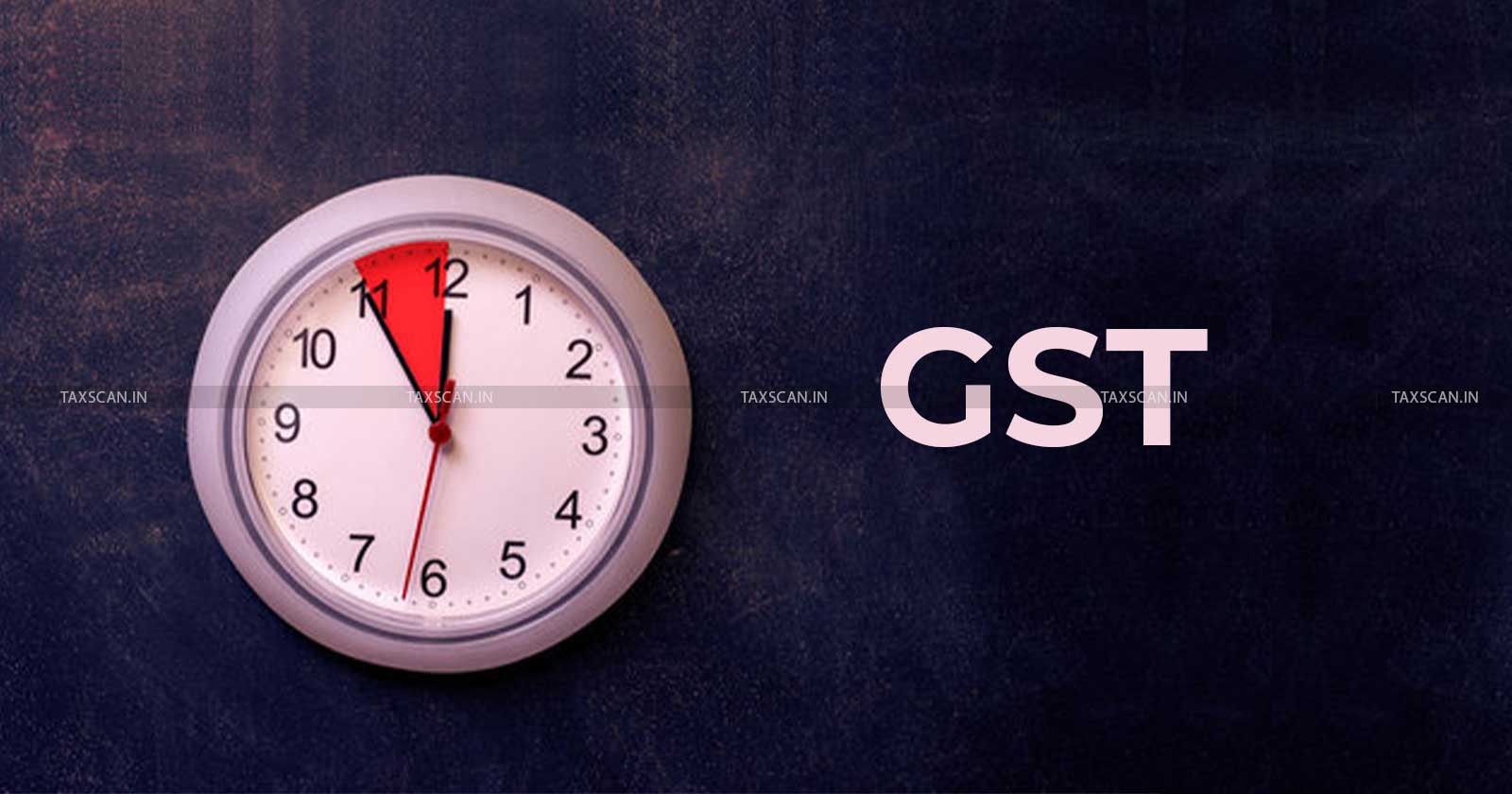Shipping Bills’ Forgery: Madras HC Says Informant Cannot Appeal Before Tribunal Without Being a Party to Proceedings [Read Order]
The bench also noted that no adverse order had been passed against the petitioner in the original proceedings and that the Customs Act is concerned with violations of statutory provisions, not personal rivalries
![Shipping Bills’ Forgery: Madras HC Says Informant Cannot Appeal Before Tribunal Without Being a Party to Proceedings [Read Order] Shipping Bills’ Forgery: Madras HC Says Informant Cannot Appeal Before Tribunal Without Being a Party to Proceedings [Read Order]](https://images.taxscan.in/h-upload/2025/06/13/2043683-shipping-bills-forgery-madras-hc-tribunal-taxscan.webp)
The Madras High Court dismissed a writ petition challenging the dismissal of his appeal before the Customs, Excise, and Service Tax Appellate Tribunal ( CESTAT ). It ruled that a person who is not a party to the original customs proceedings has no legal standing (locus standi) to file an appeal before the Tribunal.
Justice Abdul Quddhose observed that “When the Commissioner of Customs (Sea Port - Import) in his order in original dated 28.08.2009, after giving due consideration to the findings of the investigation, passed an order letting off the second respondent (Customs House Agent) with severe warning and the petitioner, who is not a party to the said proceedings, the question of interfering with the order of the Appellate Tribunal by this Court under Article 226 of the Constitution of India does not arise.”
 Also Read:Madras HC Strikes Down GST Time Extensions Notification u/s 168A: What It Means for Pending Adjudications
Also Read:Madras HC Strikes Down GST Time Extensions Notification u/s 168A: What It Means for Pending Adjudications
The petitioner, T.A.M. Athavan, had lodged a complaint alleging forgery of shipping bills by a Customs House Agent, A.J. D’Cruz & Sons. Following an investigation based on his complaint, the Commissioner of Customs (Sea Port – Import) issued an order on August 28, 2009, letting off the accused with a severe warning.
Dissatisfied with this outcome, the petitioner sought to challenge the decision by approaching the CESTAT. However, his appeal was dismissed on August 14, 2024, on the grounds that he was neither a party to the original proceedings nor a co-noticee.
Upholding the Tribunal’s findings, the judge observed that merely initiating an investigation through a complaint does not confer upon the complainant the status of an “aggrieved person” entitled to appeal under the Customs Act.
The bench upheld the observation of the tribunal that “merely because investigation was initiated based on the complaint given by the petitioner, it cannot be said that the petitioner is a person aggrieved by the order of the Original Authority. By giving the aforesaid findings, the Appellate Tribunal has held that the appellant has got no locus standi to file the appeal.”
The Court also noted that no adverse order had been passed against the petitioner in the original proceedings and that the Customs Act is concerned with violations of statutory provisions, not personal rivalries.
The petitioner contended that he was not given a chance to be heard before the Tribunal. However, the Court rejected this argument, stating that even if such an opportunity had been granted, the outcome would remain unchanged due to the lack of legal standing.
The bench observed that “Learned counsel for the petitioner is also unable to point out to this Court as to what provisions under the Customs Act, the complaint was lodged against the second respondent. “
The Court clarified that if the petitioner felt wronged by the actions of the Customs House Agent, his appropriate remedies would lie in filing a criminal complaint or instituting civil proceedings, and granted him liberty to pursue such action. Dismissing the writ petition, the Court found no infirmity in the Tribunal’s order.
Mr.S.P.S.Nithyan appeared for the petitioner and Mr.G.Meganathan, Senior Standing Counsel appeared for the respondent.
 Also Read:17-Year Delay in Adjudication: Madras HC Quashes Service Tax SCN Despite Department’s Call Book Justification [Read Order]
Also Read:17-Year Delay in Adjudication: Madras HC Quashes Service Tax SCN Despite Department’s Call Book Justification [Read Order]


